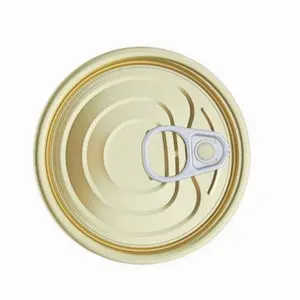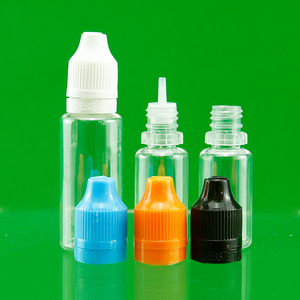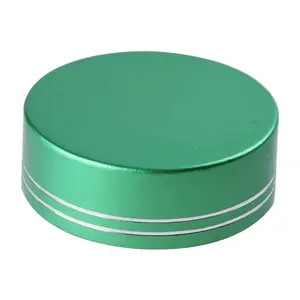Top categories

Packaging Raw Materials

Plastic Packaging

Paper Packaging

Packaging & Printing Services

Logistics Packaging

Glass Packaging

Pharmaceutical Packaging

Metal Packaging

Other Packaging & Printing Products

Textile Packaging

Packaging Auxiliary Materials

Wooden & Bamboo Packaging

Printing Materials
About products and suppliers
Flip-top caps are a type of dispensing cap that allows the user to mete out a product without having to unscrew the cap.
Why use flip-top caps?
Bottle flip-top caps also called snap tops, are mostly made from robust plastics such as polypropylene and high-density polyethylene, which allow the caps to withstand the constant opening and closing of the lid. Plastic bottle flip-top caps are easily recyclable and renewable. They come in different colors and cap sizes including 20, 24, 28, 33, and 38mm to measure out liquids of varying viscosities at different paces. Bottles with flip-top caps are usually sealed with tamper-proof materials wrapped around the bottleneck. The friction between the cap and the bottleneck limits the chances of any leakages. Flip-top caps for bottles come with a one-piece top with a lid connected by a hinge. The hinge allows the lid to be closed under the bottle flip-top caps. Flip-top bottle caps are used by several industries to cover their products' bottles. Plastic bottles with flip-top caps are suitable for dispensing various liquid products like cosmetics, processed foods, paints, pharmaceuticals, and medications. They ensure the durability of the enclosed products, as they protect them from moisture, dirt, weather impact, and resultant chemical reactions. They are also child-proof as they are designed to be too sturdy for kids to open them and access the content in the bottles they enclose.
Polypropylene flip-top caps vs high-density polyethylene flip-top caps
While both plastic types are ideal for making flip-top dispensing caps, they may slightly differ in ways you need to know. Polypropylene is a durable type of plastic that resists water more than most other plastic types and can stand ultraviolet rays for much longer than most other plastic options. Polypropylene flip-top closures are greatly suitable for edible and household liquids. However, high-density polyethylene is sturdier and has more chemical resistance, making it more suitable as a cap for hazardous industrial liquids.

























 浙公网安备 33010002000092号
浙公网安备 33010002000092号 浙B2-20120091-4
浙B2-20120091-4